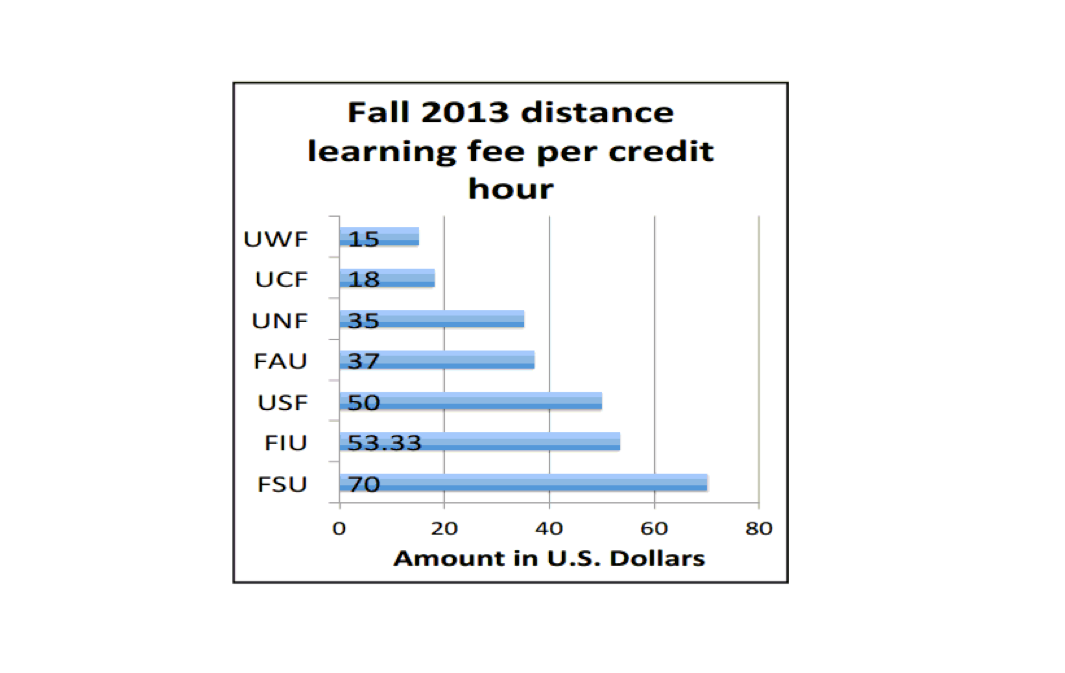By: Mariella Roque/Contributing Writer
Although Florida public university professors’ salaries have always been public record, Gov. Rick Scott made it a prerogative recently to display them on an Excel sheet on a website called “Florida Has a Right to Know.”
The sheet organizes the professor’s salary by university, name of professor, title, state program, the amount they earn and the full-time equivalent.
A separate Excel file on the website also provides the salaries of executive branch agencies, the lottery, the justice administrative commission and the state courts system.
Many professors have been asking themselves why this initiative was taken, one of these being Kathleen Wilson, professor at the School of Music and president of the United Faculty of Florida chapter at FIU.
“My guess is that it’s part of a plan to privatize higher education,” Wilson said.
She noted this was one of various short-term goals, including doing away with unions and collective bargaining.
On Nov. 8 Ohio voters overturned Senate Bill 5 that passed on March 31, a proposal limiting collective bargaining for public employee unions.
The United Faculty of Florida chapter at FIU held a teach-in on Nov. 10 to discuss Gov. Scott’s proposed bill, which echoes the Seven “Breakthrough Solutions,” also known as the Texas plan. It outlines seven points that lead to a successful university environment.
Among these points is the most controversial: a merit-based bonus given to the top 25 percent of professors based on student evaluations of those professors as well as on other factors.
“We are opposed to the false presentation of merit pay,” said Thomas Auxter, president of the UFF at the University of Florida during the teach-in. “It’s a cost of living adjustment for some, not others. It’s not merit pay.”
“[Gov. Scott] is trying to turn universities into corporations,” said Amy Paul-Ward, professor of occupational therapy at FIU. “If we’re a corporation, then the consumer is always right” and it doesn’t work that way in schools.
Guest speakers present at the teach-in were Auxter, Mark Richard, president of the UFF chapter at Miami-Dade College Kendall campus and Ana Surezco, an online part-time professor at MDC.
“Higher education funding has decreased more rapidly than any other agency in Florida,” said Auxter.
According to the Center on Budget and Policy Priorities, “Florida’s 11 public universities raised tuition by 15 percent for the 2010-11 academic year. This tuition hike, combined with a similar increase in 2009-10, results in a total two-year increase of 32 percent.”
“If I were a provost at a university outside Florida, this information would be a for me to recruit the best faculty away from Florida universities because I would know exactly what I would need to offer to entice them to come to my state,” said University Provost Douglas Wartzok in an email to Student Media, “This is clearly an unintended, but very real, consequence.”
The current rate of faculty leaving Florida public universities, according to Auxter, is at its highest: 14 percent.
“Publishing professors’ salary data in an easy to obtain format made the job of luring away professors from Florida’s public universities much easier for other universities,” said Thomas Breslin, chairman of the Faculty Senate.
The highest paid professor at the University is College of Medicine Dean John Rock, making $522,750 a year, compared to the highest paid professor at UF, Professor William Friedman, who makes $808,437 a year.
“[Gov. Scott’s] motive is to make universities look wasteful,” said College of Education Professor Benjamin Baez, “I don’t believe the rhetoric.”
Professors usually get paid different wages based on several factors, according to Baez. A university will pay professors higher salaries if they have national recognition, are working in areas that the university wants to “focus on” and if they have tenure.
The student body has also shown interest in supporting the professors.
“If the Texas plan were to be implemented, it would be a huge discouragement for students,” said Andrea Nunez, international relations major and one of the organizers of the Occupy FIU movement, a spin-off of the wide-spread Occupy Wall Street.
“You don’t think the students know they’re being cheated?” Auxter said.
“It’s gotten so bad that if you cut any more, you cut the universities themselves.”





Stop raising tuition and don’t worry about the rest.
http://www.DanielDickey.com